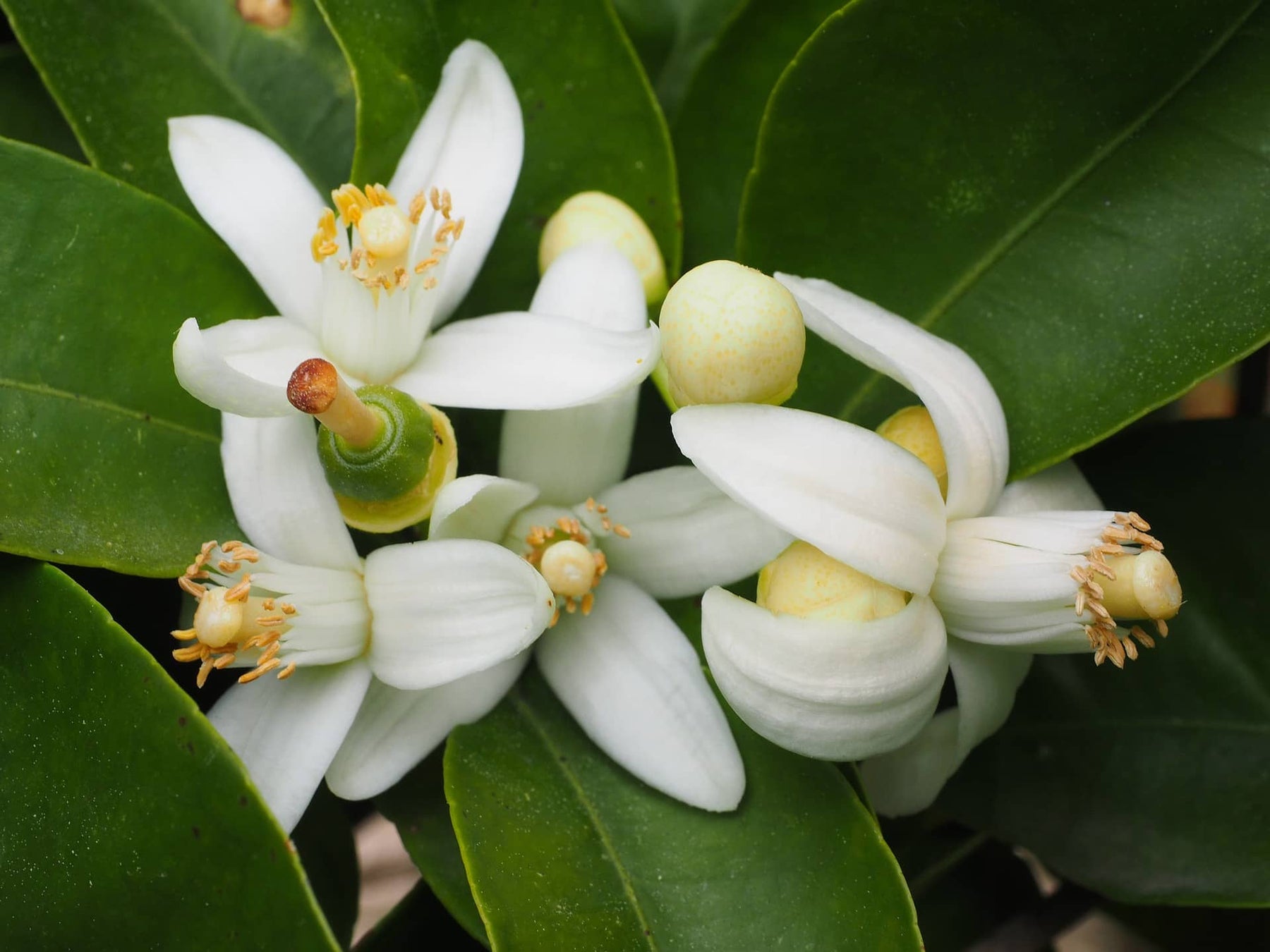
Neroli Hydrosol | Skin Care Benefits In Every Bottle
Neroli hydrosol is a popular ingredient found in many beauty products, but what is it and what makes it so special? In this blog post we will explore the history and uses of neroli hydrosol, the benefits it provides, and why we use this luxury skincare ingredient it in your self tanning products.
What is neroli vs orange blossom?
Neroli is an essential oil derived from the flowers of the orange tree, while orange blossom is an absolute oil derived from the same flowers. The two are very similar in scent and are often used interchangeably, however neroli is considered to be the superior product due to its more refined scent.
What's the difference between neroli hydrosol and neroli essential oil?
Neroli hydrosol and neroli essential oil are both derived from the blossom of the bitter orange tree (Citrus aurantium), and both have a sweet, floral scent. However, neroli hydrosol is a milder form of the oil and has a more subtle, delicate fragrance. It is more suitable for use on sensitive skin and does not need to be diluted like essential oil does. Neroli essential oil, on the other hand, is a more concentrated form of the oil and has a much stronger scent. It is more suitable for aromatherapy and therapeutic use and must be diluted before use. Both neroli hydrosol and essential oil can be used in a variety of ways, but they have different benefits and uses.
What is neroli hydrosol used for?
Neroli hydrosol is a water-based product that is created through the process of distillation. It is a byproduct of the essential oil distillation process, and it contains all of the scent and many of the beneficial properties of the essential oil. It is used in many beauty and skincare products, such as creams, lotions, sprays, and more.
What country is neroli from?
Neroli is native to Europe and the Mediterranean. It is a popular ingredient in North African, Middle Eastern, and Indian cuisine and cosmetics.
Why is neroli so expensive?
Neroli is a highly sought-after ingredient due to its unique scent and benefits. It is an expensive oil to produce because it requires a large number of flowers to create a small amount of oil. Additionally, the distillation process is time-consuming and requires special equipment.
Is neroli a strong smell?
No, neroli has a very light and delicate scent that is often described as floral, citrusy, and slightly spicy. It is a very popular scent in many beauty products because it is not overpowering and blends well with other fragrances.
What does neroli do to the skin?
Neroli is known to be an effective skin moisturizer and can help improve skin tone and texture. It is also believed to help reduce the appearance of wrinkles and fine lines, as well as reduce inflammation and redness.
Is neroli safe on the skin?
Yes, neroli is considered to be safe for use on the skin. It is a natural ingredient that is free of harmful chemicals and toxins.
Is neroli good for anti-aging?
Yes, neroli is believed to be effective at reducing the appearance of wrinkles and fine lines. It can also help to improve skin tone and reduce inflammation.
Is neroli anti-inflammatory?
Yes, neroli is believed to be an effective anti-inflammatory agent. It can help to reduce redness and irritation, and can also help to soothe and calm the skin.
What are the beauty benefits of neroli?
Neroli is an effective moisturizer and can help to improve skin tone and texture. It is also believed to reduce the appearance of wrinkles and fine lines, reduce inflammation and redness, and help to soothe and calm the skin. Additionally, neroli is a popular scent in many beauty products due to its delicate and light aroma.
Neroli hydrosol provides so many lovely skin benefits that we just had to add it into our Rose Gold Self Tanning Mousse and Facial & Touch Up Mist. We hope your skin loves it!
Want to learn more about our self-tanning ingredients? Hop over to our ingredient glossary and take a peek.